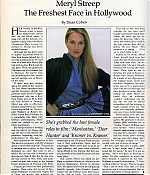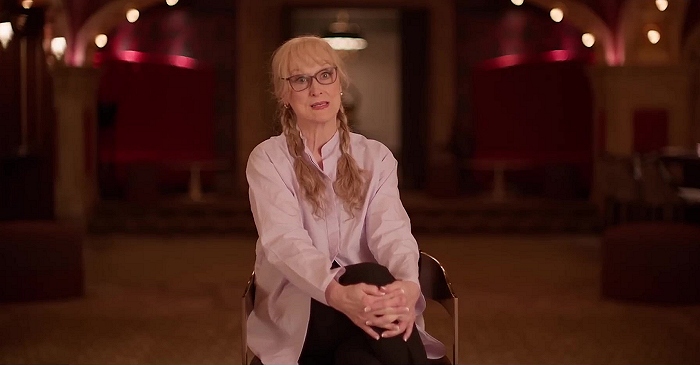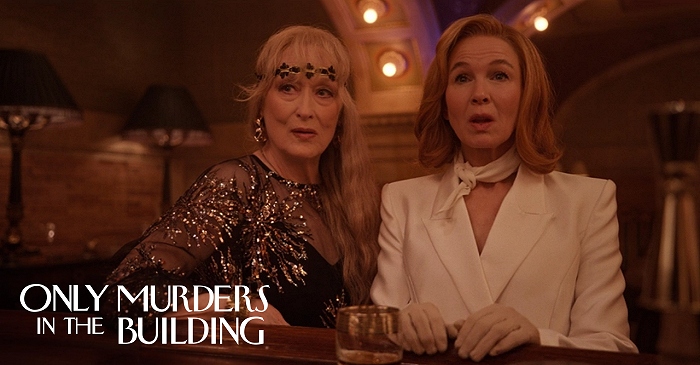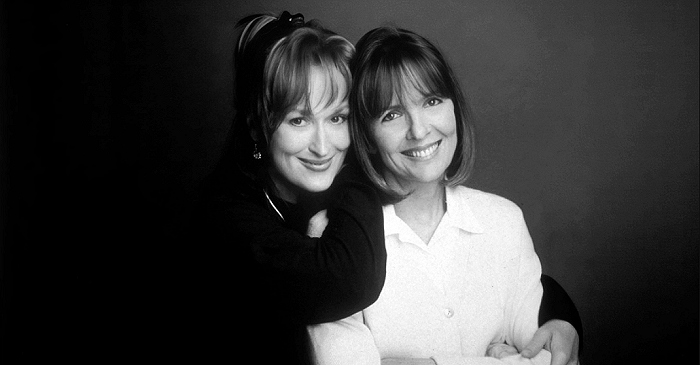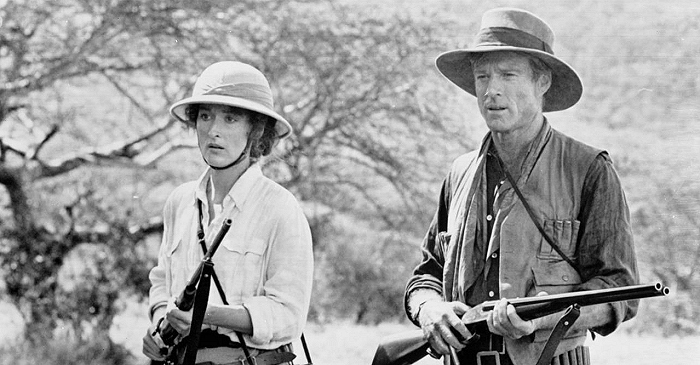|
Simply Streep is your premiere online resource on Meryl Streep's work on film, television and in the theatre - a career that has won her acclaim to be one of the world's greatest living actresses. Created in 1999, Simply Streep has built an extensive collection over the past 25 years to discover Miss Streep's body of work through thousands of photographs, articles and video clips. Enjoy your stay and check back soon.
|
|
The Freshest Face in Hollywood
Playgirl Magazine ·
November 1977
· Written by Dean Cohen
| ||
|
Tags
|
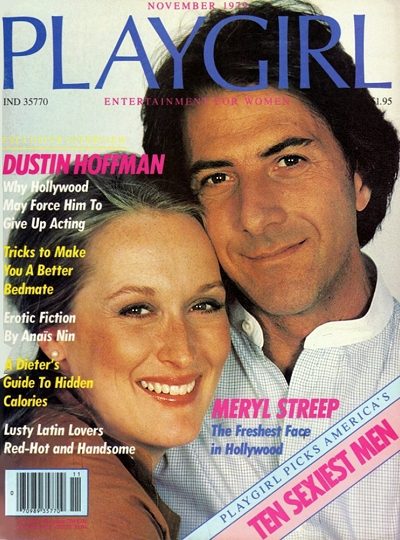
Her name is Meryl Streep – what a name for Hollywood’s newest star! An old Dutch name, it sings with all the lyricism of a sparrow’s chirp. But with Meryl (christened Mary Louise) to preface it, Streep has never sounded sweeter.
Although she has three years of highly successful work in New York theater behind her, it is in the movies and on TV that most os us have seen Meryl. She had a bit part in “Julia”. Blink, and she was gone! Then, she played the Christian wife of a German Jew in “Holocaust”. No matter how much blinking this time, everyone saw her, and she won an Emmy for her work. If there were any doubts about her abilities, her work in “The Deer Hunter” banished them quickly. Somehow, despite her patrician looks and Ivy League background (she has a B.A. from Vassar and an M.A. from the Yale School of Drama), Meryl was able to effectively become a small-town girl whose future depended on Christopher Walken’s or Robert De Niro’s return from Vietnam. In a remarkable film filled with brilliant performances, Meryl stood out enough to win an Oscar nomination.
But being noticed is nothing new for Meryl. At Vassar she was the star of the theater department, beginning with her performance in “Miss Julie”. After graduation she moved on to Yale. The pattern continued, with Meryl doing a dozen or more roles each year. The pressure to perform was so great, in fact, that she developed an ucler. She went to see a doctor. He told her that it would go away after she left Yale. It did. But by that time she had moved to New York, and auditioned for and won a part in the Lincoln Center production of “Trelawny of the Wells”. Trelawny got Meryl her first professional acclaim. Then came the revival of Tennessee Williams’s “Twenty-Seven Wagons Full of Cotton”, the one-act that inspired the movie, “Baby Doll”. Filled with cotton “fat” and large prosthetic breasts, Meryl was so sensational as the 170-pound Flora that she won a Tony nomination. Fame had its advantages: Meryl never had to go to an open audition, and parts were suddenly being offered to hear. During that first season, generally a lean time for actors, she did seven plays.
That winter, Meryl was asked by Joe Papp to perform “Measure for Measure” at the summer Shakespeare festival in Central Park. She agreed and found herself playing Isabella opposite John Cazale’s Angelo. Cazale was the brilliant actor best known for his work as Fredo, the weak-willed brother of Al Pacino who was seen in Coppola’s “The Godfather”. They fell in love and lived together two years until Cazale’s premature death from cancer. He never got the acclaim he deserved, Meryl believes. She talked of his work in the only picture they did together, “The Deer Hunter: “His presence is so strong… it’s a joy to watch John work.”
Shaken by his death, Meryl threw herself back into her work. She did “The Seduction of Joe Tynan” with Alan Alda, “on automatic pilot”, she says (though everyone else will say she’s brilliant). Then, with no rest in between, she took on “Kramer vs. Kramer” with Dustin Hoffman. As a result of her objections to the original script, much was rewritten. Originally, her character was evil, a malevolent bitch who left her marriage and then decided to come back to reclaim her child. Meryl believed that an audience wouldn’t understand why she left. She felt that we should symphathize with her attempt to regain custody of her son. The script was originally antifeminist, now it has a better balance. Meryl claims to be lazy, but everyone knows her disagrees. Her producer in “Kramer”, Stanley Jaffe, describes her as “tireless”. Dustin Hoffman goes even further: “She’s extraordinarily hardworking, to the extent that she’s obsessive. I think that she thinks about nothing else but what she’s doing. She’s among the strongest people I’ve ever worked with, just in terms of energy.”
But she’s more than just a worker. Jaffe calls her “a very bright lady. I mean, I sound like her agent,” he says. It is not an apology. “She’s very good at listening to others. It’s also wonderful to watch her listen because it registers on her face.” Hoffman is equally enthusiastic: “I loved working with her,” he says. Then he laughs. “That’s one of those lines that you hear actors say, and it’s always horseshit. But we did have a good time working together.”


Posted on October 18th, 2025
|
Posted on October 14th, 2025
|
Posted on October 11th, 2025
|
Posted on September 30th, 2025
|
Posted on September 16th, 2025
|




